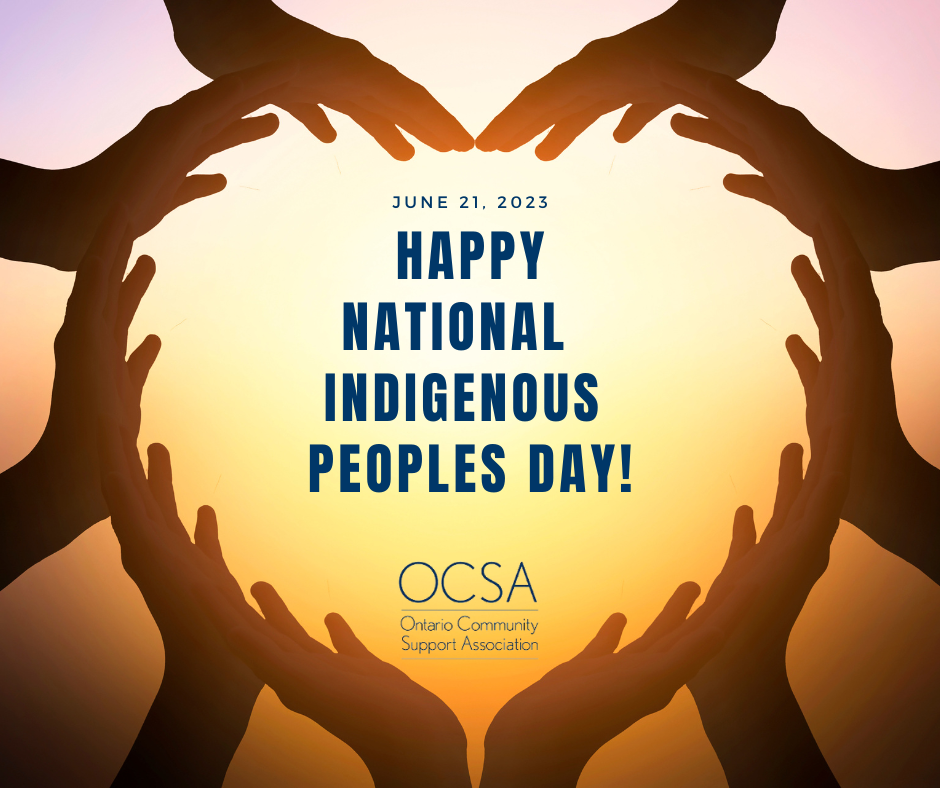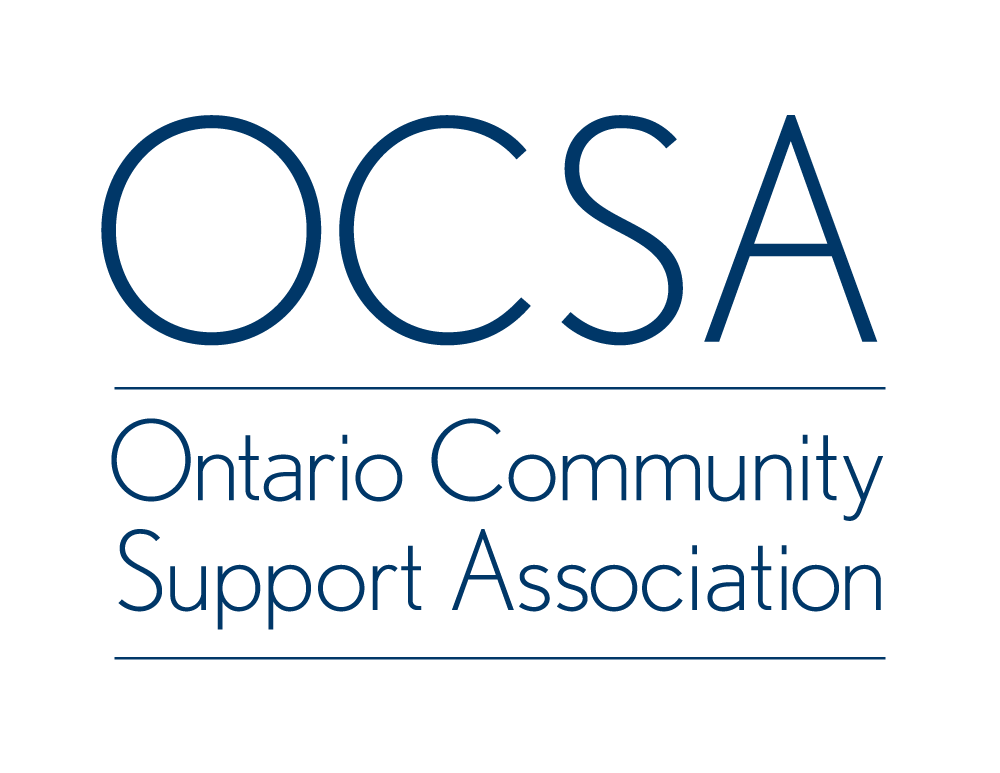OCSA Statement - National Indigenous Peoples Day 2023

Today, OCSA acknowledges National Indigenous Peoples Day and Indigenous History Month – an important time to recognize the extraordinary histories and cultures of the First Nations, Inuit, and Métis peoples who have called Canada home for many centuries.
June 21st was first named National Aboriginal Day in 1996 by then Governor General of Canada, Roméo LeBlanc. This date was selected in part due to the significance of summer solstice in Indigenous culture, and was renamed National Indigenous Peoples Day in 2018 to align with government’s commitment to advancing reconciliation.
As one of Ontario’s preeminent healthcare advocacy organizations, OCSA is greatly concerned with the inequitable health disparities experienced by Indigenous Canadians, due in part to increased rates of poverty and food insecurity, as well as a lack of employment opportunities and suitable housing1. More needs to be done to ensure that Indigenous Canadians have equitable access to quality healthcare services, and that those services are developed and delivered in consultation with Indigenous communities to ensure that they are in sync with cultural values.
“Today, we recognize the incredible work of our Indigenous health and community care members and partners, and thank them for providing such critical community health supports to some of Ontario’s most vulnerable citizens,” says Deborah Simon, OCSA CEO. “Delivering community healthcare is challenging in the best of times, never mind in a time when we have a rapidly aging population, profound staffing and funding challenges, and institutional racism to contend with. I hope that Indigenous health and community care organizations will consider OCSA an ally and invite them to reach out to us should we be able to support their advocacy efforts for improved HCC funding and services for their communities.”
To expand your knowledge about National Indigenous Peoples Day and about the history, heritage, and resilience of Indigenous cultures across Canada, please visit these links:
Truth and Reconciliation Commission of Canada: Calls to Action (PDF) - https://ehprnh2mwo3.exactdn.com/wp-content/uploads/2021/01/Calls_to_Action_English2.pdf
Indigenous Canada is a 12-lesson Massive Open Online Course (MOOC) from the Faculty of Native Studies that explores the different histories and contemporary perspectives of Indigenous peoples living in Canada. (English only) https://www.ualberta.ca/admissions-programs/online-courses/indigenous-canada/index.html
Indigenous Perspectives Education Guide (Historica Canada) - http://education.historicacanada.ca/en/tools/493
About OCSA
Ontario Community Support Association (OCSA) represents close to 230 not-for-profit organizations that provide home care and community support services that help seniors and people with disabilities live independently in their own homes and communities for as long as possible. These compassionate and cost-effective services improve quality of life and prevent unnecessary hospitalizations, emergency room visits and premature institutionalization. They are the key to a sustainable health care system for Ontario.
For more information, visit www.ocsa.on.ca and https://twitter.com/OCSAtweets.
For information requests please contact:
Rhiana Alfadili – Communications Manager
Ontario Community Support Association
416-256-3010 ext. 219
rhiana.alfadili@ocsa.on.ca
Share
More Updates



